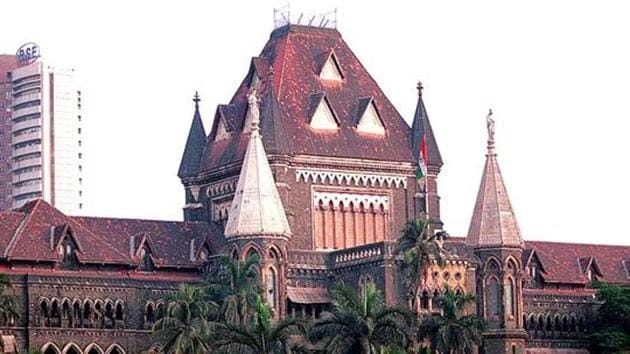HC refuses pre-arrest bail to trader booked for claiming fraudulent input tax credit of Rs 63.50 cr
Justice Sandeep Shinde rejected the pre-arrest bail plea of Ashok Kumar Chandrapal Singh, a partner in M/s. Sheela Sales Corporation.
Bombay high court (HC) on Tuesday rejected the anticipatory bail plea of a Mumbai-based trader, who is accused of fraudulently claiming the input tax credit (ITC) of Rs 63.50 crore on the materials that were never purchased by his firm and passed on the ITC to a web of firms across the country with whom he had never traded.

Justice Sandeep Shinde rejected the pre-arrest bail plea of Ashok Kumar Chandrapal Singh, a partner in M/s. Sheela Sales Corporation.
Central Goods and Sales Tax (CGST) authorities have alleged that the firm indulged in circular trading and claimed the ITC between July 2017 and September 2019 on the basis of invoices valued at Rs 352.92 crore, which were issued by M/s. Jai Bajrang Traders, an Uttar Pradesh (UP)-based company.
CGST’s investigation has revealed that Singh passed on the ICT to six inter-linked firms, owned by the accused’s close relatives, and those firms, in turn, distributed it among 360 other companies located across the country.
Singh and his wife, Sheela, also a partner in the firm, had moved HC for anticipatory bail apprehending arrest in connection with the fraud.
It was argued on their behalf that CGST Act, 2017, prescribes a procedure for the tax assessment, even in cases where discrepancies are found in the information furnished in return sheets, and unless a summary assessment or special audit was conducted for determining liability, the prosecution could not be initiated and the couple cannot be arrested.
Their counsel also argued that once returns were filed, CGST authorities could, at the most, impose a penalty.
HC, however, refused to accept the argument.
Justice Shinde perused the CGST file notings and Singh’s statements recorded under provisions of the CGST Act, 2017. CGST
The judge said prima facie, the accused is complicit in availing ITC of Rs. 63.50 crore without movement of goods on forged invoices in breach of Section 16 of the CGST Act, 2017, which is a cognisable offence.
HC primarily took note of the fact that Singh had in his statement admitted that neither his firm had received any goods from M/s. Jai Bajrang Traders, nor had it made any payment to the UP-based firm.
“In terms of Section 136 of the CGST Act, 2017, disclosure in the statement is ‘relevant’ for proving any offence under the Act,” said the judge while rejecting Singh’s anticipatory bail plea.
“Under these circumstances, the fraudulent ITC claim of Rs. 63.50 crore is a matter of grave concern and requires thorough investigation for which applicant’s (Singh’s) presence is necessary,” the judge said.
HC, however, granted bail to Singh’s wife because as a homemaker she was a dormant partner and had no role to play in the financial matters of the partnership firm.






